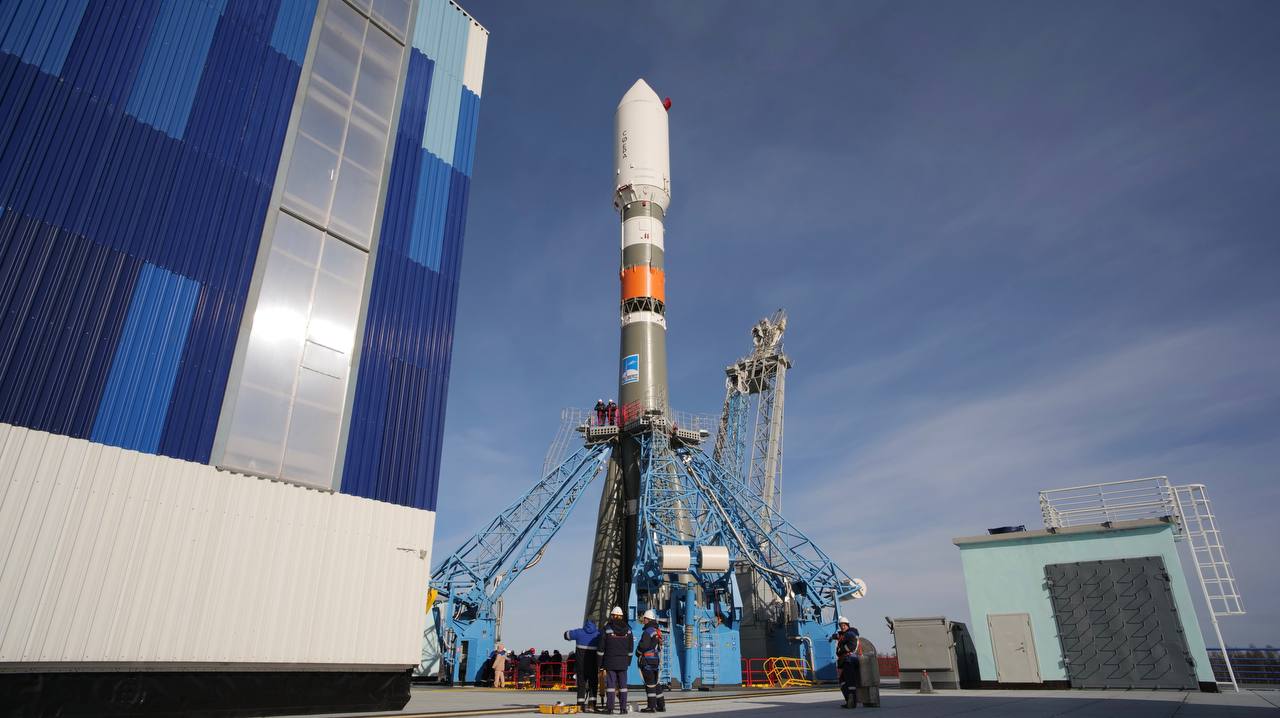Plesetsk Cosmodrome Launch Schedule
Stay updated on Plesetsk Cosmodrome's rocket launches with our real-time schedule. You can see 1 planned space missions on our website. Watch the live stream of any Plesetsk Cosmodrome rocket launch happening today.
Launch Service Provider
Vehicle
Mission
Glonass-K1 No. 19
Mission Type
Navigation
Destination
Medium Earth Orbit
Glonass-K are the third generation of satellite design for GLONASS satellite navigation system. GLONASS is a Russian space-based navigation system comparable to the similar GPS and Galileo systems. This generation improves on accuracy, power consumption and design life. Each satellite is unpressurized and weighs 935 kg, and has an operational lifetime of 10 years.
Updated: Dec 20, 3:30am UTC
🔔 Set up an email alert for upcoming launches
Get a weekly email containing all launches scheduled for the coming week.


